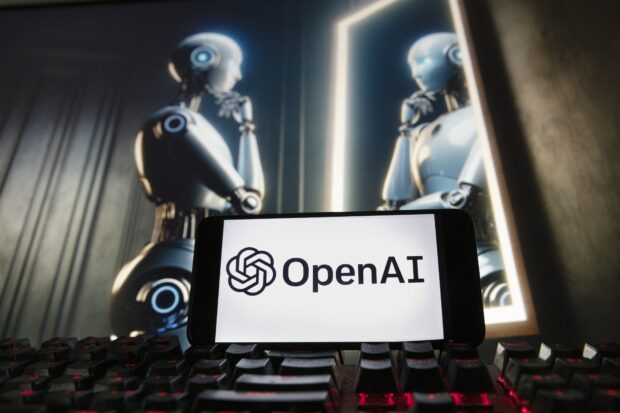Study reveals public doubts and hopes for AI in journalism

As generative AI continues to develop, public attitudes towards its use in journalism reveal both skepticism and potential, according to the latest Reuters Institute Digital News Report. This report, which surveyed over 92,000 online news consumers across 46 markets, provides a comprehensive look at how AI is reshaping the news landscape and how audiences perceive this transformation.
The report highlights significant concern among the public regarding the use of AI in news production. Many respondents expressed doubts about the reliability and authenticity of AI-generated news content. This skepticism is rooted in the fear that AI might exacerbate the spread of misinformation and diminish the quality of journalism.
Trust in news is already fragile, with only 38% of Filipinos expressing confidence in the media they consume. The introduction of AI into journalism could either further erode this trust or, conversely, offer opportunities to enhance it through improved accuracy and efficiency in news production.
Benefits and innovations
Despite the concerns, there are clear advantages to incorporating AI in journalism. AI can assist in automating routine reporting tasks, allowing journalists to focus on more in-depth investigative work. Additionally, AI tools can analyze large datasets quickly, uncovering stories that might be missed by human reporters.
Publishers are exploring various AI applications to enhance user engagement. For instance, personalized news services powered by AI are being developed to cater to individual preferences, potentially increasing reader satisfaction and loyalty. AI chatbots with more interactive and engaging personalities are also being tested to provide real-time news updates and answer audience queries.
Challenges and ethical considerations
The integration of AI in journalism is not without its challenges. Ethical considerations around transparency, accountability, and bias in AI-generated content are paramount. News organizations must ensure that AI tools are used responsibly and that the content they produce is clearly labeled to maintain transparency with the audience.
Legal issues surrounding the use of AI in news are also emerging. Intellectual property rights, especially regarding the use of news content for training AI models, need clear guidelines to prevent misuse and ensure fair compensation for content creators.
Case studies and examples
Several news organizations are already experimenting with AI technologies. The New York Times, for instance, has used AI to create 3D and immersive experiences, such as exploring the costumes of David Bowie and NASA’s Insight mission to Mars. These projects demonstrate the potential of AI to enhance storytelling and provide audiences with unique, engaging experiences.
In the Philippines, INQUIRER.net is leveraging AI in a limited but strategic capacity to enhance its reporting processes. AI technologies are being used to automate repetitive tasks, analyze complex data, and generate content, thus improving workflow efficiency, personalizing content delivery, and enhancing user engagement.
Industry perspectives
Industry experts are divided on the long-term impact of AI on journalism. Some believe that AI can restore trust in journalism by ensuring accuracy and reducing human error. Others worry that the influx of synthetic content could lead to further distrust in news media. The outcome will depend heavily on how responsibly AI technologies are implemented and regulated.
Publishers are also concerned about the economic implications of AI. As traditional revenue models continue to decline, AI offers opportunities to cut costs and improve operational efficiency. However, these economic benefits must be balanced against the need to maintain high editorial standards and protect journalistic integrity.
Moving forward
The future of AI in journalism will likely depend on how well these challenges are addressed. News organizations that can leverage AI to enhance their reporting while maintaining ethical standards and public trust will lead the way in this digital transformation.
Survey methodology
The survey included participants from a diverse range of countries and territories, with a focus on understanding digital and strategic intentions for 2024. The majority of responses came from the UK, US, and European countries, but also included perspectives from markets like India, Indonesia, and Nigeria. Over 90% of participants answered most questions, providing a robust dataset for analysis.
This article was generated with the aid of artificial intelligence and reviewed by an editor.